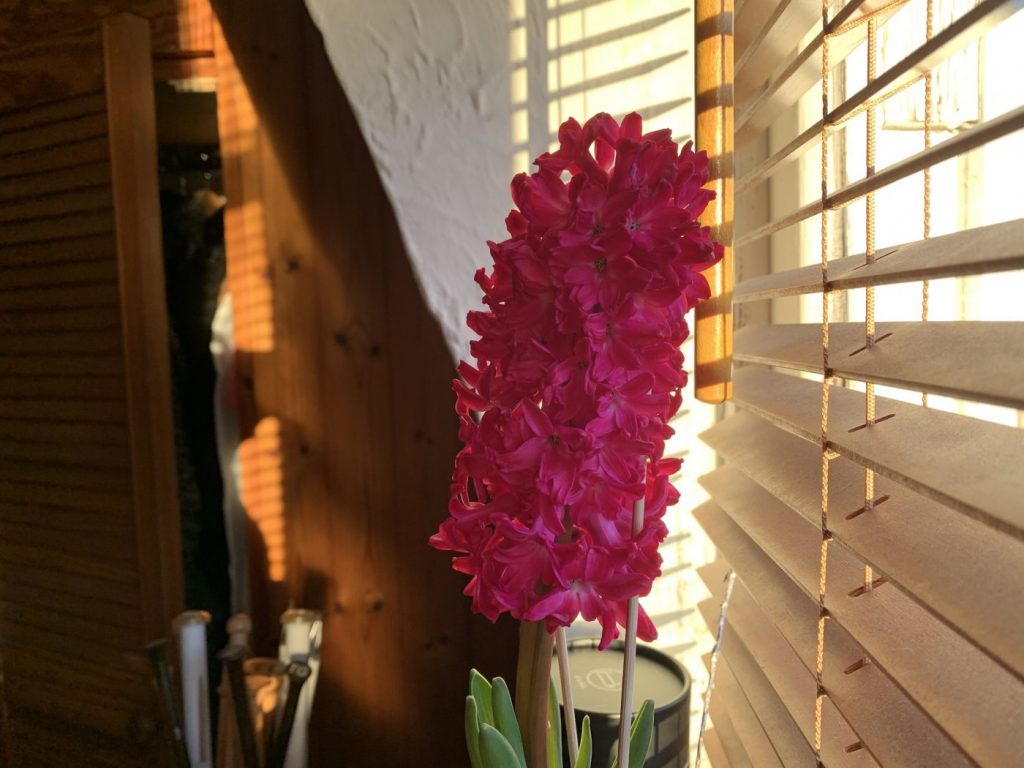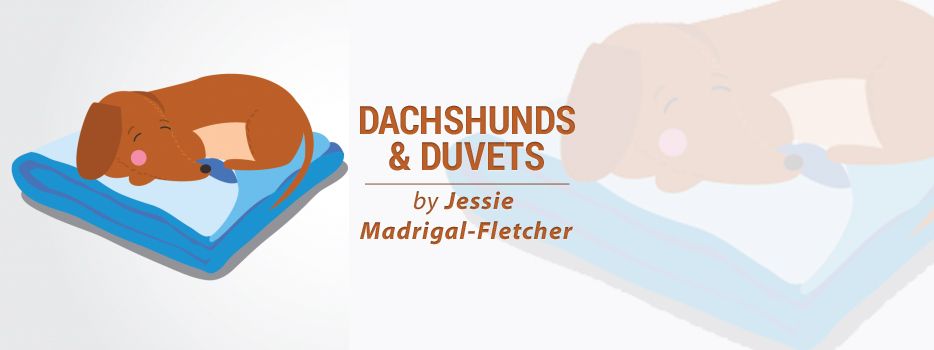My breathing accelerates, and I feel pressure on my chest. Reaching out is daunting. But I persist, sharing what’s bothering me as I type words into WhatsApp. I am hoping my friends will help me process my current anxiety. Yet, the result is disappointing. My words can’t really convey the state I’m in, and a genuine message from one friend feels like a wet cloth.
My friends are not therapists, and while supportive, they won’t always get it right, because they are not in my head.
I’m in my head.
Sometimes endometriosis feels like a monster that’s trying to knock down my door. I don’t have the strength to hold it back, but I just can’t happily let it in and allow it to wreak havoc. Its many tentacles will grab at my career, my personal life, and my ability to perform the most regular of tasks. The monster will squeeze my brain, and I’ll struggle to think straight.
I used to be in a long-term relationship, and on many occasions, it was my shelter. If I was in horrid pain, I had someone to take care of me. If my mind was overflowing with fears and doubts, they’d make me feel safe and offer me some hot chocolate.
But now, it’s just me.
And my anxieties and endless doubts regarding this disease have gone nowhere. Recently, I collected my latest batch of medication. It’s aimed at putting my periods on hold so I don’t lose almost two weeks of my life each month. But the medication doesn’t cure or treat endometriosis. Additionally, I don’t know its true effects on my body.
As I packed my meds away, I wondered whether I should continue down the path of hormonal therapy. Deep in my heart, I felt a tug: “Ask someone else, Jess. See what they think.”
But searching for validation or assurances from others can be a hindrance. Sometimes, no matter how supportive and loving others are, it won’t change the fact that they’re not living with the disease.
Only endometriosis patients know what it’s like to manage the symptoms. Only we get to consider life-altering surgeries like hysterectomies while acknowledging that they may not stop our suffering.
So, instead of reaching out to others, I am embracing silence.
The only two people with answers I can trust right now are a medical professional that specializes in this disease and myself.
From a specialist, I can get the facts. This may require further surgery, and albeit scary, it’s a valid route with scientific answers. Yet, we are in the middle of a pandemic, and any scientific, objective answers come with delays and cancellations.

Meditation is helping me live with my racing mind.
Neither my anxiety nor my chronic illness is going anywhere, for now. Meditation won’t take the scary thoughts away, but it helps me see them and recognize that they don’t define me. During 10 minutes of practice, I may struggle to embrace stillness. My anxiety may make me open my eyes or suddenly flinch.
Yet, mindfulness is helping me get used to navigating the scary parts of my life without any crutches. I am becoming comfortable not having all of the answers and realizing that I don’t have to reach out to others for validation. I will find my own path.
Sometimes silence is OK.
Erling Kagge, a Norwegian explorer and writer, knows about silence. During his 1992-1993 solo walk to the South Pole, he didn’t even have a radio for company. He is now a firm believer in sitting in silence:
“Sometimes you just need to stop, if even for 10 minutes; stop relating to everyone else and try to relate to yourself. … In those pauses, you will meet yourself, and sometimes these are the toughest meetings you can have in life.”
Some days, I still find silence daunting. After meditating, I feel comforted in a way no one else can make me feel. Maybe it’s because it’s me doing the comforting. I tell myself to breathe. I make my own hot chocolate.
And it feels OK, and less scary every day.
***
Note: Endometriosis News is strictly a news and information website about the disease. It does not provide medical advice, diagnosis, or treatment. This content is not intended to be a substitute for professional medical advice, diagnosis, or treatment. Always seek the advice of your physician or other qualified health provider with any questions you may have regarding a medical condition. Never disregard professional medical advice or delay in seeking it because of something you have read on this website. The opinions expressed in this column are not those of Endometriosis News or its parent company, BioNews, and are intended to spark discussion about issues pertaining to endometriosis.

